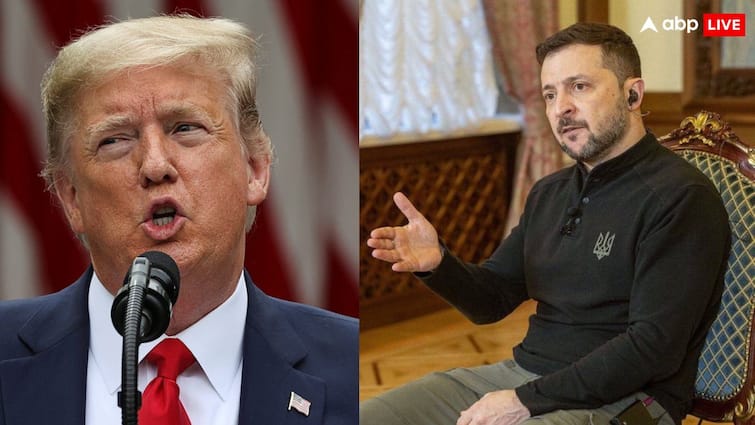Next week, Ukrainian President Volodymyr Zelenskyy is set to meet US President Donald Trump at the United Nations in New York, with a clear agenda: press for tougher sanctions on Russia. Zelenskyy is also calling on Ukraine’s international allies to “stop wasting time” and take decisive action against Moscow.
Speaking to journalists in Kyiv, including the Guardian, Zelenskyy expressed frustration at the slow pace of global responses. He warned that further sanctions would be inevitable if Russian President Vladimir Putin refuses face-to-face talks or a ceasefire. “If the war continues and there are no moves towards peace, we expect sanctions,” he said.
Trump has repeatedly hinted at sanctions on Russia but has yet to act. Last week, he stated the US would be ready to impose “major sanctions”, but only after all NATO countries agreed to stop buying Russian oil and to implement tariffs on China, another major energy importer. Zelenskyy criticized this approach, saying linking potential US sanctions to Europe’s actions only slows pressure on Putin.
“President Trump expects strong action from Europe,” Zelenskyy said from his presidential office. “I think we are wasting a lot of time if sanctions are not imposed or some steps are not taken, that we very much expect from him.”
Europe Hesitates, Ukraine Faces Energy and Military Strains
Resistance among European nations is evident. Hungary and Slovakia, Trump’s close allies in the EU, have refused to cut energy ties with Moscow. They remain the last two EU members still importing Russian oil via the Druzhba pipeline, a route Ukraine recently targeted, drawing sharp criticism from Hungarian Prime Minister Viktor Orbán. Zelenskyy stressed that he wants sanctions from “the whole of Europe” and said Trump could help push reluctant countries like Slovakia to act. “Everyone is looking to the United States,” he added.
On the diplomatic front, Zelenskyy reaffirmed his willingness to meet Putin in any format, one-on-one or “trilaterally,” with the US president present. The Kremlin, however, insists that the “root causes” of the conflict, which it frames as requiring Ukraine’s concessions, must be addressed first.
During his New York trip, Zelenskyy will also seek clarity on what security guarantees the US is prepared to offer as part of a potential peace settlement. The issue was previously raised by British Prime Minister Keir Starmer with Trump during his state visit to the UK.
Zelenskyy also revealed that his wife, Olena, will “most likely” meet US First Lady Melania Trump in New York to discuss the return of Ukrainian children kidnapped by Russia. Observers note that Melania is widely regarded as more sympathetic to Kyiv, contrasting with the president, who criticized Zelenskyy during their February Oval Office meeting. Their last White House encounter in August, which included several European leaders, was more positive.
The upcoming bilateral meeting comes amid heightened Russian provocations in Europe. On Friday, three Russian fighter jets violated Estonian airspace, underscoring Moscow’s ongoing military aggression.
Escalating Attacks and Civilian Toll Highlight Urgency
Ukraine is increasingly relying on long-range drones to target Russian energy facilities that fuel its military operations. On Saturday, drones struck the Saratov oil refinery for the second time in a week, with video footage showing massive explosions and flames. Another refinery in Samara oblast was also damaged. Zelenskyy warned that Russia’s fuel crisis, already causing long queues at gas stations, will likely worsen. He noted that while Ukraine is closing the gap with Russia in drone production, additional funding is critical for domestic weapons manufacturing.
Overnight, Russia launched a large-scale drone and missile attack on Ukraine, hitting multiple regions, including Dnipro, Mykolaiv, Chernihiv, and Zaporizhzhia. At least three people were killed in Dnipro when a missile carrying cluster munitions struck an apartment building. Zelenskyy condemned the Kremlin’s tactics, stating that Russia is deliberately targeting civilians and infrastructure rather than military sites.
“A strong international response is needed,” he said on social media, urging Europe to bolster Ukraine’s air defenses and increase weapons supplies.



